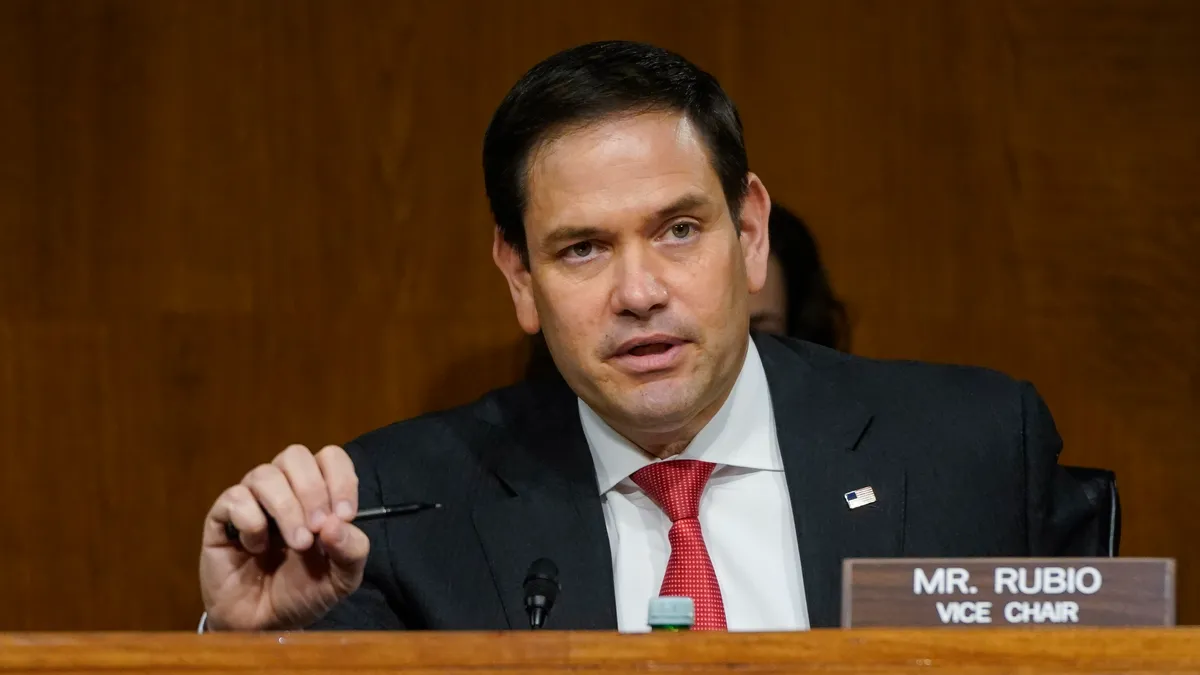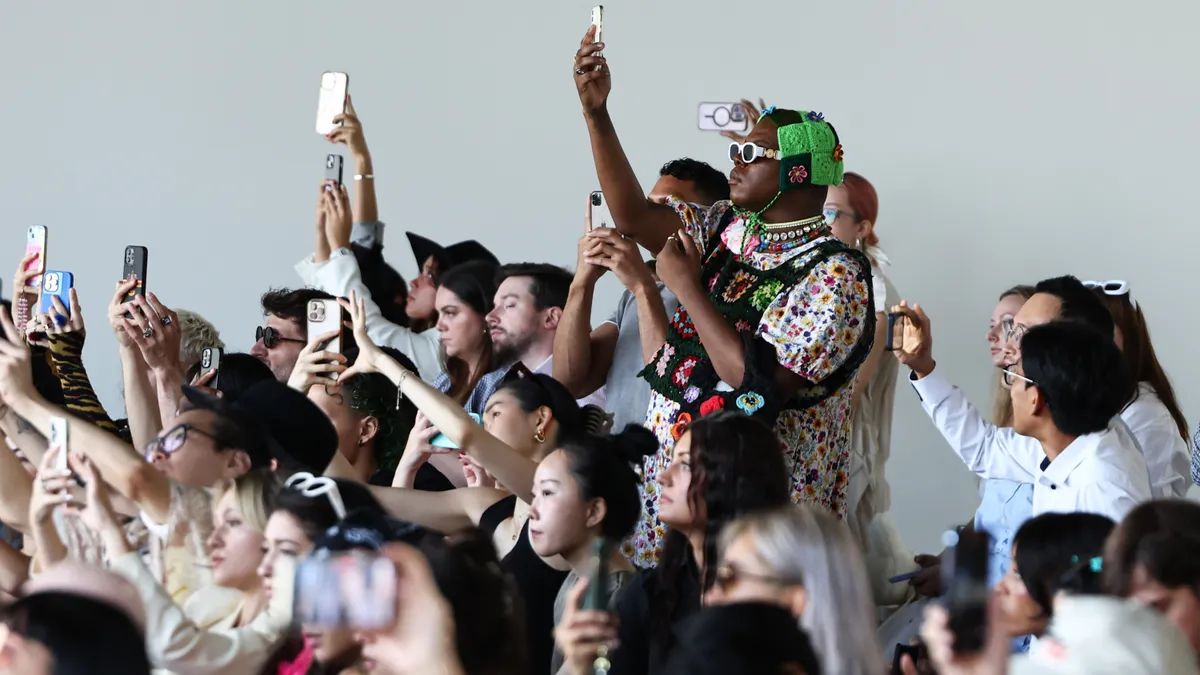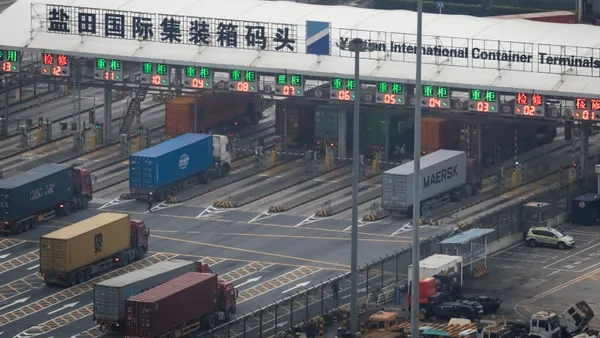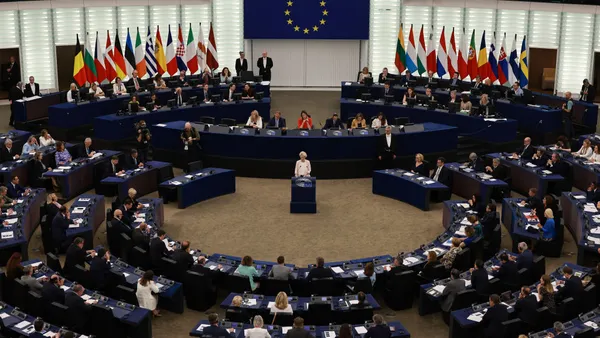Two U.S. senators have introduced the No Funds for Forced Labor Act, which would require the Secretary of Treasury to instruct executive directors of international financial institutions to oppose projects that use forced labor, according to a press release Thursday.
The proposal primarily focuses on the Xinjiang Uyghur Autonomous Region of China, where China has been accused of detaining more than 1 million Uyghur people. The bill was introduced by Sen. Marco Rubio, a Republican from Florida, and Sen. Jeff Merkley, a Democrat from Oregon.
“The U.S. must remain firm in its unwavering commitment to stand against China’s forced labor and acts of genocide,” Rubio’s press release stated.
The legislation would require the U.S. Treasury Secretary to instruct the U.S. executive director at each international financial institution to oppose loans to “any project that poses a significant risk of using forced labor or is carried out by a state-owned or heavily state-influenced entity, particularly in the XUAR,” according to the press release.
It would additionally require these financial institutions to provide explanations of how they vet projects for forced labor risks and “what actions are taken to mitigate, track, and reverse that risk.” It also would require a treasury report that “details any project approved by an international financial institution in which forced labor could be used, and the efforts the executive director at each international financial institution has taken to convince other countries to oppose any project that could use forced labor.”
The proposed act follows the Uyghur Forced Labor Prevention Act, which was passed into law in 2021 and generally bans products from the region over forced labor concerns.
The UFLPA has been a key driver in conversations around fast fashion giants Shein and Temu and was cited when a group of U.S. representatives asked the Securities and Exchange Commission to halt a potential Shein IPO until it confirmed it does not use forced labor.
Also last year, a group of lawmakers asked top leadership at Shein, Temu, Nike and Adidas to detail their compliance with the UFLPA and confirm their products were not made from forced labor. Part of that investigation revealed Shein and Temu avoid certain import tariffs because of their low-priced products primarily due to the de minimis provision of the Tariff Act of 1930, which mostly exempts packages worth less than $800 from being reviewed.
Lawmakers have introduced several pieces of legislation targeting the Xinjiang Uyghur Autonomous Region of China and the de minimis provision. Earlier this month, the Biden-Harris Administration said it planned to limit the types of goods that can be shipped under the de minimis exemption, in a move to limit platforms like Shein and Temu, but others in the supply chain industry noted that the plan may not impact the intended target.











